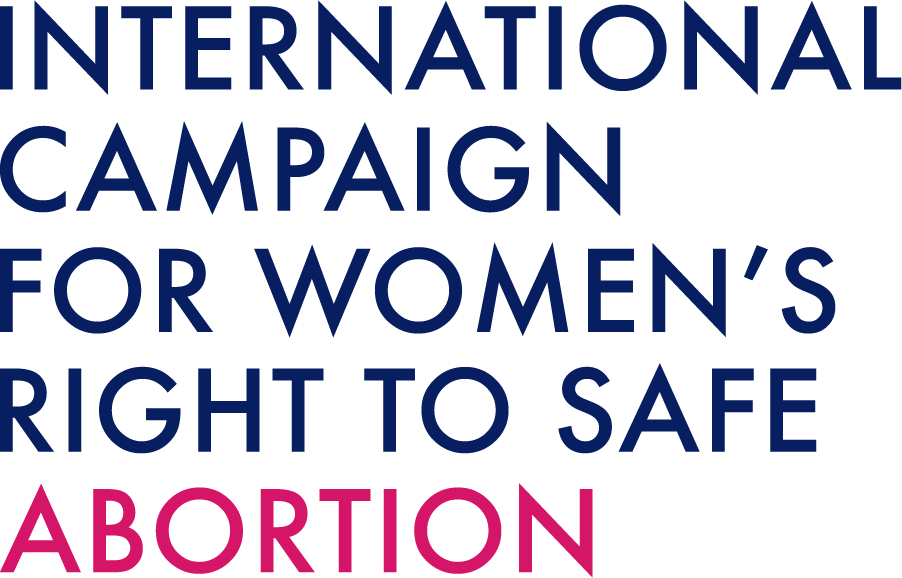
Could “Missed Period Pills” Be the Future of Reproductive Health Care?[:]
1/8/2021 by WENDY R. SHELDON and BEVERLY WINIKOFF
 It’s no surprise that many people facing a possible unwanted pregnancy would prefer missed period pills over confirming a pregnancy and opting to have an abortion.
It’s no surprise that many people facing a possible unwanted pregnancy would prefer missed period pills over confirming a pregnancy and opting to have an abortion.
I’m late. I can’t be pregnant now. What can I do?
A classic plot twist in television and movies, this actually happens to most people or their sexual partners at some point in their lives. It can be an anxious and stressful time, often made worse by the stigma surrounding abortion that can inhibit open conversation. Just getting a pregnancy test can be an unwelcome experience.
This got us thinking: What if none of this was actually necessary? What if someone with a late period could address a possible unwanted pregnancy without needing even to find out if a pregnancy test was positive?
It turns out the demand for such an option could be enormous. We conducted a study of nearly 700 people seeking pregnancy tests at health centers in two US states. We explained the concept of “missed period pills,” which refers generally to medications such as mifepristone and misoprostol that are widely used for elective abortion but can also be used to induce a period, thereby ensuring the person is not pregnant. Also known as medical menstrual regulation, missed period pills have been safely and effectively used for years in Bangladesh and other settings in which abortion is highly legally restricted.
We told study participants that the pills would be taken if they had a missed period and did not want to know if they were actually pregnant, but that if they were pregnant, the pills would terminate pregnancy in almost all cases. The results were striking: 70 percent of those who said they would be unhappy if pregnant expressed interest in such pills.
The explanations that people gave show the many potential benefits of missed period pills. First, they can enable people to prevent, avoid or terminate pregnancy as soon as a late period has been identified. In contrast, abortion services are usually not available until one to two weeks after a missed period. One person said “mistakes happen, nothing will guarantee you won’t get pregnant. It’s my body. I should be able to force my period and prevent pregnancy from developing further.”
Participants also noted psychological and emotional benefits, saying things like, “I wouldn’t have to feel like a bad person,” and, “it would be easier on my emotional well-being to not know I was actually pregnant, but to alleviate the issue which is my missed period.”
Many responses pointed to a broader problem: the presence of internalized abortion stigma that negatively affects people’s views of themselves and their reproductive options. Such attitudes are widespread and largely due to the anti-abortion movement’s mean-spirited, relentless and decades-long efforts to intimidate and shame abortion clients and providers.
These efforts include establishing fake clinics to deceive people and make them feel bad about their decisions, verbal and physical harassment of clients and providers outside abortion clinics and enactment of medically unnecessary laws, such as ultrasound requirements and mandatory waiting periods, designed to make the abortion experience as traumatic and unpleasant as possible.
So it’s really no surprise that many people facing a possible unwanted pregnancy would prefer missed period pills over confirming a pregnancy and opting to have an abortion.
Obstacles to Provision of Missed Period Pills
There are many reasons to think that missed period pills could have a real future in the U.S. since the requisite medications are registered and available, providers could prescribe mifepristone and misoprostol for menstrual induction today if they were willing.
But there are some hurdles that would need to be overcome. We would need additional information about the safety and efficacy of the treatment when used very early, at the time of a missed period, along with reassurance that there are no additional risks for people who are not pregnant. Experience from other settings suggests that very early use of these medications is indeed safe and effective. And both medications are routinely used by non-pregnant people for other indications.
Medical organizations would also need to develop clinical guidance to ensure the service is provided ethically, and especially to ensure potential users fully understand that the medications would terminate or disrupt a pregnancy if there is one. And we would need to ensure that the pills are accessible in all communities—without requiring multiple trips or high costs, with information available in multiple languages and dispensed without racial or gender bias.
But the biggest hurdle may be the anticipated backlash from anti-abortion activists and politicians. Given the remarkable potential for missed period pills to help people control their reproduction on their own terms, we can expect the usual loud voices to go into overdrive with misleading rhetoric and new efforts to discourage provision and use of this option.
Missed period pills should not be controversial. Our research indicates they would have wide appeal, rooted in patient values and needs. The realization of reproductive justice and equity requires that all people have access to a full range of safe and effective reproductive options so that they can choose what is most appropriate for themselves, given their unique lived experiences. Now that we know people in the US would want missed period pills—and that demand for such a service could be significant—we should not look the other way.
Source: Ms. Magazine[:]



















